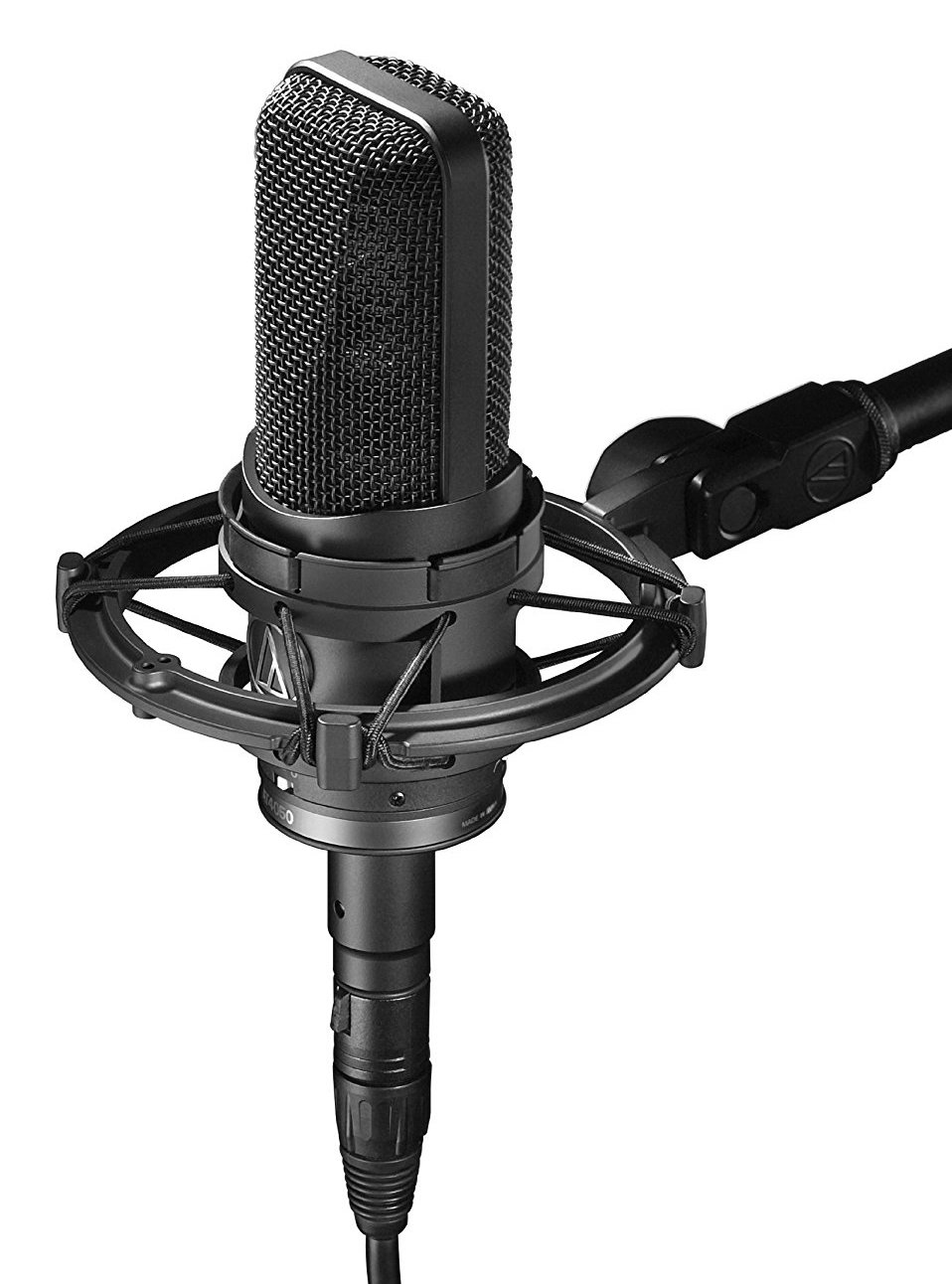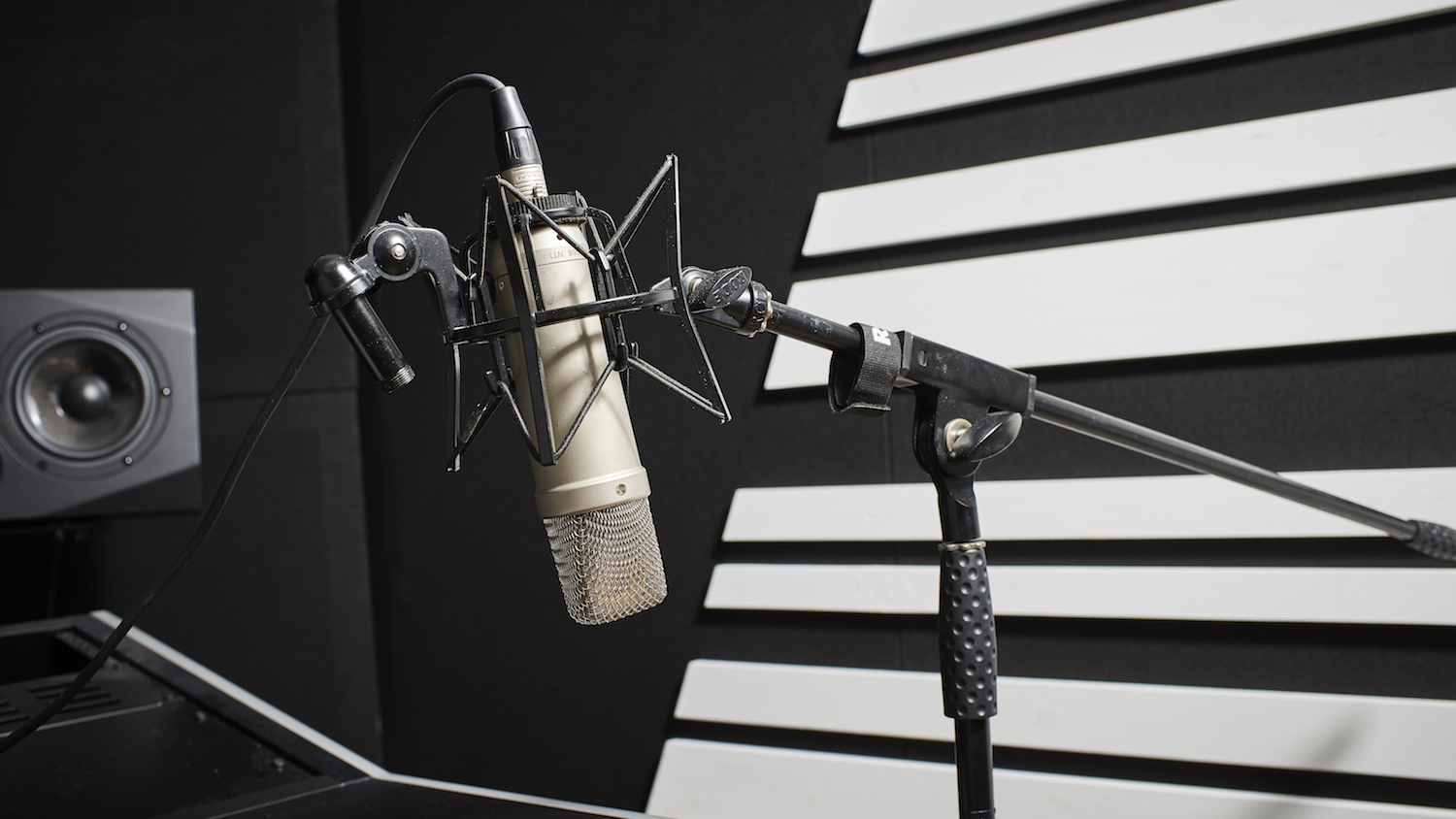

Review: In our use, the Shure SM580-LC has a great low end sound, good warmth, smooth high-end, and overall just excellent quality for the price. Dynamic vocal microphone suited for live vocals and studio applications.įrequency response of 50 Hz to 15k Hz with enhanced midrange and bass rolloff. However, recent improvements have helped it cater to studios and podcasters alike. Shure SM58-LC Cardioid Dynamic Vocal Microphoneįeatures: Once labeled the “most popular mic in the world”, the Shure SM58-LC earned fame on stages worldwide. Because it’s a dynamic mic, you’re not expecting plenty of warmth, but has the clarity you’re looking for.

Review: A cardioid (heart shaped) polar range eliminates unwanted background noise from behind and the sides, making this an affordable mic that’s suited for podcasting and/or recording acoustic instruments. The ATR2100 also has a quality analog-to-digital converter for excellent fidelity, and a headphone output with level control for monitoring. Audio-Technica ATR2100-USB Cardioid Dynamics USB/XLRįeatures: A built-in headphone jack makes it easy to listen back to the mic’s output without any delay. The Blue Yeti tends to be the most popular starter mic for podcasters. USB output for plug and play directly into the computer as well as XLR cable output for use with higher-end analogue equipment. Review: One of the easiest, and most popular microphones for podcasting. Integrated headphone amp and jack for real time monitoring with no delay. Multiple pattern selection: cardioid (heart shaped), stereo (overlapping circles), bidirectional and omnidirectional. Four different polar patterns will cater to your tastes. Best Podcast Microphonesįeatures: Three different condenser capsules in one allows you to record in a variety of situations. Dynamic microphones typically provide a more vibrant sound with a more casual feel, and condenser microphones are usually more clear but can pick up ambient noise as well. Should you buy a dynamics or condenser microphone? Some consider this a preference decision.
Best studio microphonr for mac software#
USB mics are extremely easy to get started on your computer, with little or no software required. What kind of microphone hook-up are you looking for, USB or XML? If you’re new to podcasting, I recommend sticking with a USB microphone. Read more: essential podcast equipment Features of Podcast Microphones Homemade stands can also effect the sound since the mic won’t be suspended in the air. Nothing’s worse than having to hold or prop up a mic without a stand while you record your podcast. Should you get a mic stand? That’ll depend on the mic you ultimately choose, but if it’s not included you’ll want to get one. Mixers will be vital in your podcast editing process. Will you need a USB mixer? More than likely. Will you need a pop filter or will the mic you’re purchasing have one already? Pop filters are the mesh screens that help even out your sound.

Podcast Recording Equipment and Accessories What kind of podcast are you recording? Will you be the sole speaker, or will you need a hook-up for multiple microphones? If you do have multiple speakers, will it be all the time or rarely?ĭo you have a dedicated podcast recording studio or will you predominately be traveling and recording on the road? Mobility will be a major factor in what kind of mic, and mic setup, you’ll be needing.
Best studio microphonr for mac how to#
Related reading: podcast equipment, podcast headphones, USB mixers, podcast hosting services, How to Start a Podcast Podcast Recording Things to ConsiderĪs I mentioned above, there are a few things you need to consider when investing in a new microphone. While it’s true most podcasters prefer a USB mic - the Blue Yeti seems to be the resounding favorite - XML mics are targeted more at studios. While other write-ups out there focus on mics as a general category, the microphones listed below are specifically made (and marketed) for podcasters. I’ve spoken with several podcasters out there about the advantages and disadvantages of several microphones and they all helped created this list. How important is sound quality to your podcast and how much are you willing to invest in a top-notch podcast mic? You’ll also want to understand the podcast accessories you may or may not need to optimize your recording such as a pop filter, mixer, splitter, and others. It’s vital to have an understanding of the podcast mic landscape, have an idea of the features, pros/cons, reviews from other podcasters, USB microphone or can work with an XML mic, and ultimately weigh what kind of investment you’d like to make for your mic. Podcast Recording Equipment and Accessories.


 0 kommentar(er)
0 kommentar(er)
